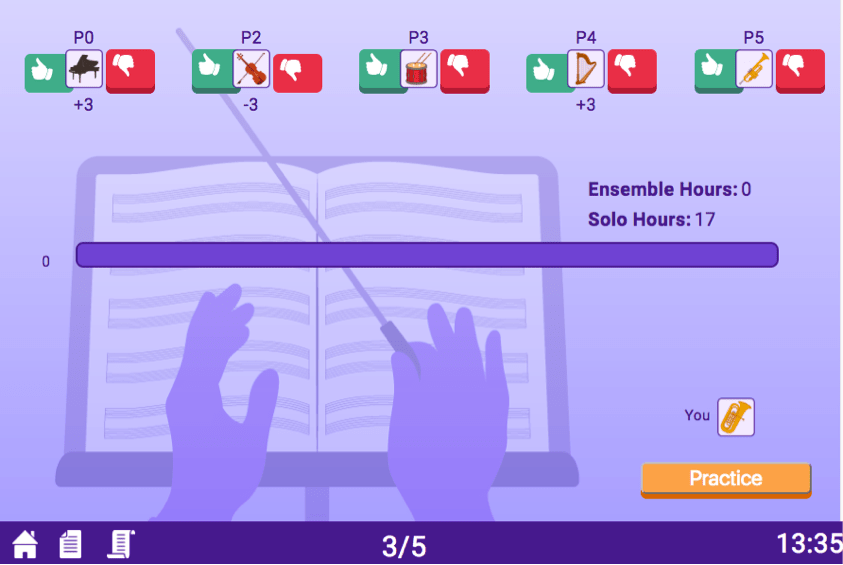We are continuing our Conversations with Educators series. While we primarily work with college educators there are a number of high school educators who have shown enthusiasm about MobLab. One of our earliest high school adopters was Andrew Kashdan. Below is our interview with him:
Q: First, please tell everyone a little bit about yourself and how you became interested in economics.
A: Although I had graduated with a degree in Applied Economics, my interest in understanding the subject at a deeper level really began “on the job” when I worked in the financial industry in various capacities. Economics really allows you to better understand what is going on in the real world. I ended up going back to school and earned a master’s degree in economics.
Q: When did you know you wanted to become a teacher?
A: I definitely didn’t predict my career path early on. As a graduate student, I taught some courses and found the teaching aspect more to my liking than focusing on research. It was a lucky accident that I ended up teaching at an independent school where I can specialize in economics. I have the opportunity to teach introductory (AP) Micro and Macro, as well as a Post-AP seminar in political economy that I created.
Q: You are one of the first high school teachers to have adopted MobLab. How has the platform evolved since you first started using us?
A: The main thing, which is what really adds value, is the addition of more games. I remember seeing a documentary on behavioral economics that talked about how Vernon Smith ran experiments on asset market bubbles and thought, “that would be a great game to have in class.” I was excited when Moblab created a version of it, and I think it’s one of the better games because you often get a non-obvious result.
Q: How has the experience with MobLab been from your perspective? What have student reactions been?
A:If my students had their way, we’d use MobLab a lot more. It’s a good way to break up a traditional lesson that is both fun and productive.
Q: Do you have a favorite MobLab game to play with students?
A: My personal favorite is a simple one, playing a tournament of a repeated prisoner’s dilemma. As anyone knows who has studied a little bit of game theory, it allows for some interesting experiments in trying out different strategies with slight variations, and students will discover what characteristics a successful strategy will have. Another popular one is the public goods game with punishment — students relish the opportunity to punish their classmates for not cooperating.
 Q: What advice would you give a new instructor who wants to use games in their classroom?
Q: What advice would you give a new instructor who wants to use games in their classroom?
A: If their situation allows them to get access to MobLab, it seems like a no-brainer to incorporate it into an economics class. It’s fun for students, and allows them to see some of the theories they are learning in a different way. It’s one thing to show an equilibrium on a graph; it’s another to see it emerge in a game when players have limited information. I recommend going through the video instructions yourself, and experimenting with test accounts, so you can give a concise overview for your students.
Would you like to learn more about our online economics games? Get in touch with our team. Click here to schedule a one-on-one demo meeting.

